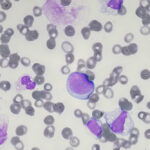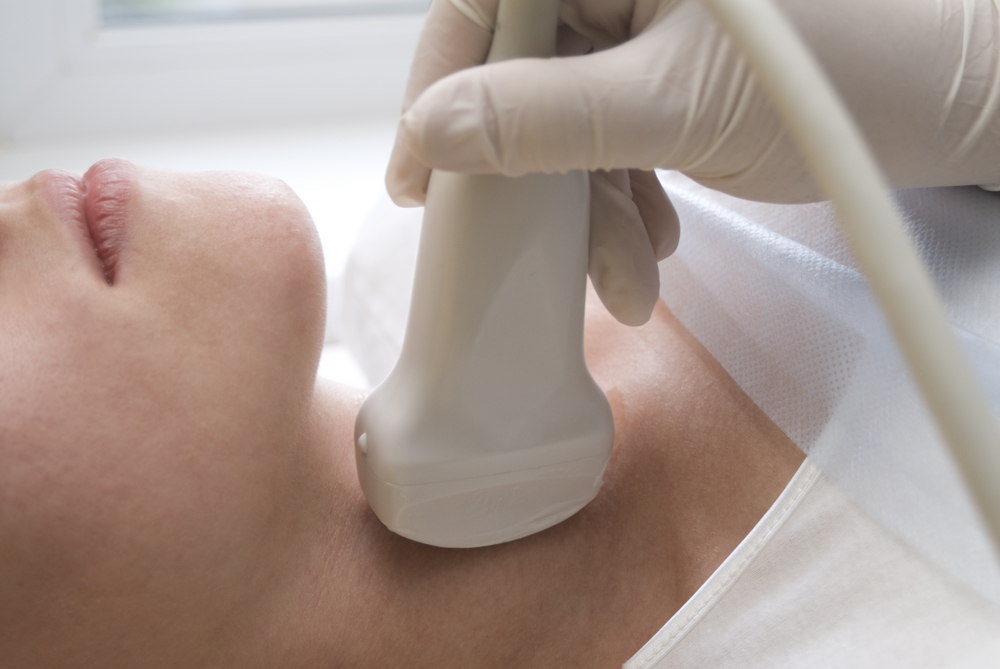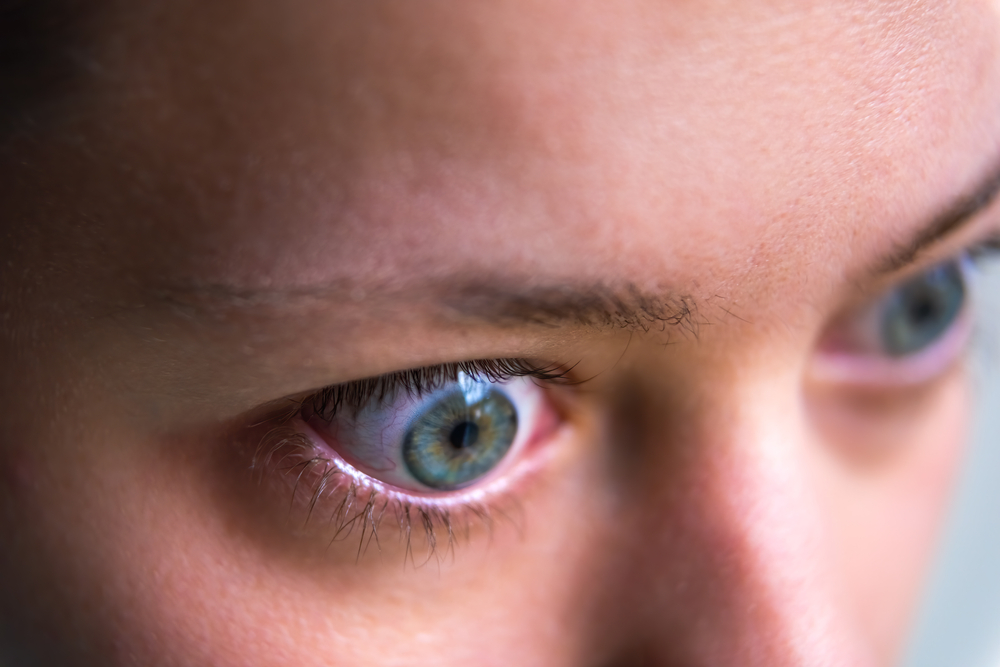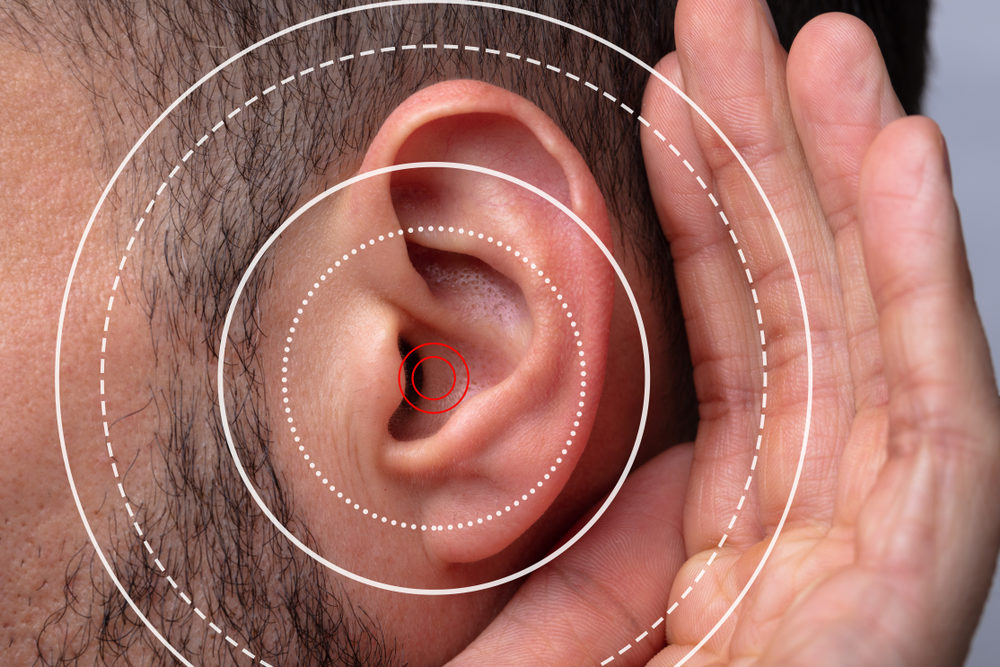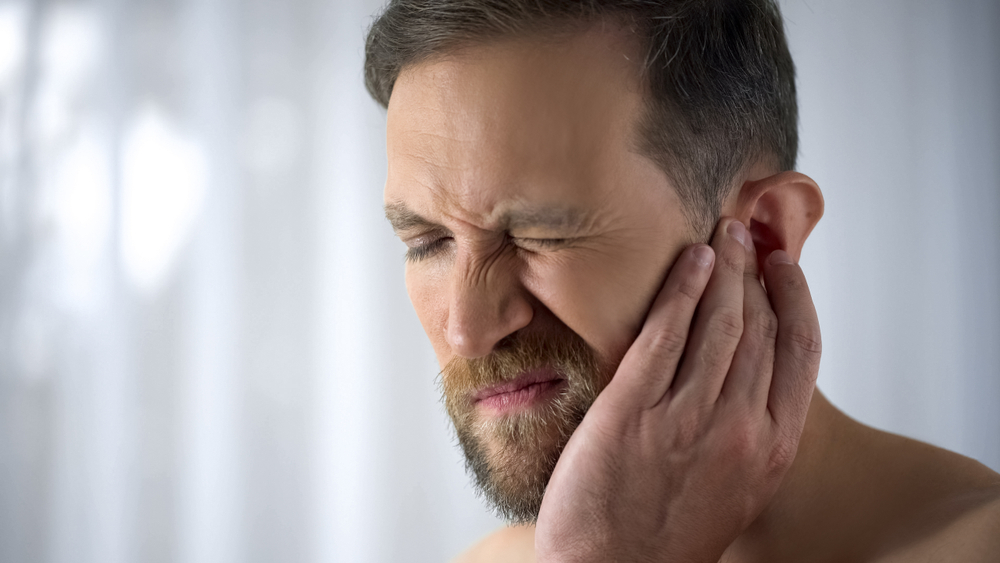Tepezza Hearing Loss Lawsuits
About Tepezza Lawsuits
- Tepezza, known generically as teprotumumab, is the first FDA-approved drug for treating thyroid eye disease, but it has been linked to severe medical issues, notably hearing loss.
- Users of Tepezza have reported various hearing problems, including increased sensitivity to sound, persistent ringing in the ears, temporary and permanent hearing loss, and more.
- Tepezza lawsuits are being filed on behalf of people who have suffered injuries after using the drug. Lawsuits claim that manufacturer Horizon Therapeutics failed to test the drug adequately and should have warned the public about the known risks.
- Despite the health risks, there has been no recall of Tepezza.
Tepezza Lawsuits FAQs
What medication is being sued for thyroid eye disease?
Horizon Therapeutics, the manufacturer of Tepezza (teprotumumab), is being sued for its medication used to treat thyroid eye disease.
What are the side effects of Tepezza?
The side effects linked to Tepezza include permanent hearing loss, hyperacusis (increased sensitivity to certain sounds), tinnitus (persistent ringing in the ears), eustachian tube dysfunction (fluid in the ears), and autophony (hearing one’s own voice as overly loud).
Is hearing loss from Tepezza permanent?
Hearing loss from Tepezza can be both temporary and permanent. Some patients’ symptoms resolved a few months after stopping the drug, while others continued to experience symptoms even after discontinuing treatment.
Why are Tepezza hearing loss lawsuits being filed?
Tepezza hearing loss lawsuits are being filed primarily because plaintiffs claim that Horizon Therapeutics failed to sufficiently warn doctors and patients about the potential for permanent hearing loss and tinnitus. They also argue that the company failed to adequetly test the drug before its release to the public, implying that it was defective even before it gained approval.
How can hiring an attorney help with your Tepezza lawsuit?
A Tepezza lawyer can guide individuals who believe they have suffered injuries following Tepezza infusions. Even though no recall of Tepezza has occurred, you can still pursue legal action and may be entitled to compensation for auditory complications due to Tepezza.

Table of Contents
Thyroid eye disease is a rare, serious condition that can lead to complete vision loss. Even with treatment, the disease can be excruciating and impact a patient’s quality of life. Three years ago, the Food & Drug Administration (FDA) approved a new medication that was heralded as a breakthrough drug. Tepezza (teprotumumab-trbw) was developed by Horizon Therapeutics, a global pharmaceutical company headquartered in Dublin, Ireland, and it is the first FDA-approved medical treatment for thyroid eye disease. Before Tepezza’s release, the most common prescription drugs to treat the condition were steroids like prednisone and rituximab, a monoclonal antibody medication.
Thyroid eye disease patients and medical providers felt hope when Tepezza hit the market, and prescribers gave thousands of people the medication. Many quickly faced an unexpected, serious side effect. The drug has been linked to auditory problems ranging in severity from mild tinnitus to permanent hearing loss. As a result, lawsuits are being filed around the country by patients who experienced hearing problems after starting to take Tepezza. If you’ve struggled with auditory symptoms after taking the drug, you should contact a Tepezza attorney to discuss your options. You may be eligible for financial compensation.
What Is Tepezza?
Thyroid eye disease affects roughly 19 in 100,000 people, and it’s more common among people diagnosed with Grave’s disease. Patients with an overactive thyroid (hyperthyroidism) are most likely to be affected, but it can also appear in people with underactive and normal thyroid function. Thyroid eye disease is more likely in women than men because hyperthyroidism is more frequent in women. Patients may notice symptoms like:
- A gritty feeling in the eyes
- Blurred vision
- Bulging eyes
- Difficulty moving or closing eyes
- Watery or dry eyes
- Trouble with bright lights
- Eyelid swelling or fullness
Someone with thyroid eye disease may assume that they’re dealing with seasonal allergies or conjunctivitis, but seeing an eye disease specialist is essential if these symptoms don’t improve on their own. Patients are referred to neuro-ophthalmologists or oculoplastic surgeons who specialize in rare diseases, and these providers often work in tandem with a patient’s existing medical team. Before Tepezza’s release, the most common treatments for thyroid eye disease were surgery, steroidal and monoclonal medications, and lifestyle changes. Smoking, unhealthy eating, and elevated stress levels can worsen the condition.
While these treatments proved effective, physicians and patients eagerly sought a non-surgical treatment option. In 2019, Horizon Therapeutics reported promising results from Tepezza clinical trials. The FDA approved the drug a few months later. Tepezza works by decreasing inflammation and blocking the IGF-1R receptor, which reduces muscle and tissue swelling. Tepezza patients receive an intravenous injection once every three weeks. Treatment consists of eight injections, so it takes about five to six months for patients to complete treatment. According to Horizon Therapeutics, patients in clinical trials saw significant improvement after eight treatments.
New drugs are often expensive, and Tepezza is no exception. One six-month course costs $200,000, and a drug vial costs $14,900. Many patients can get insurance companies to shoulder some of the cost, but the pharmaceutical company has profited an astonishing amount from the drug. In the first year after FDA approval, Horizon Therapeutics reported $820 million in revenue thanks to Tepezza. By 2021, the drug had $1.7 billion in sales.
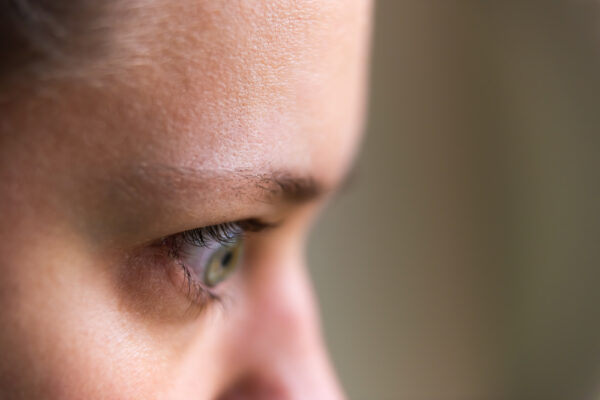
Risks Associated with Using Tepezza for Thyroid Eye Disease
Tepezza works by inhibiting insulin-like growth factor receptors, which are vital to protecting and maintaining hearing. Lower levels of IGF-1R have been associated with severe hearing loss, but patients allege that Horizon didn’t adequately warn them about the potential connection. A 2021 study found that 65% of patients reported hearing problems after starting Tepezza. Another report found that up to 81.5% of thyroid eye disease patients taking the drug reported auditory symptoms halfway through treatment. The most common symptoms reported are:
- Muffled hearing
- Hearing loss
- Tinnitus (ringing or buzzing in the ears)
- Plugged ears
- Autophony (hearing your voice echo in your ear)
Some patients saw symptoms resolve independently, but others were left with permanent damage. In most cases, they had no idea Tepezza could cause hearing conditions. In a press release last year, Horizon Therapeutics addressed concerns about Tepezza and hearing loss. In the release, the company said that only 10% of patients reported hearing problems. The release also asserts that most cases are “mild-to-moderate” and reversible.
While this data seems reassuring, it isn’t aligned with what independent researchers have found. Along with the studies mentioned above, case reports show how quickly Tepezza can affect someone’s hearing. One case study from BMJ follows a woman in her 50s who started Tepezza after being diagnosed with chronic thyroid eye disease. She developed tinnitus after her third dose and reported hearing loss after her fifth treatment. A hearing test showed mild to moderate-severe hearing loss in both ears.
The woman stopped taking Tepezza, but a follow-up hearing test showed no improvement. There’s significant evidence that Tepezza-induced hearing loss is irreversible in some cases. The doctors who wrote the BMJ report suggest that all Tepezza patients should take hearing tests before, during, and after treatment to measure whether the drug impacts hearing. For some, these warnings are coming too late.
Why Are Tepezza Lawsuits Being Filed?
Many people think that an FDA-approved medication has been tested by the agency. In reality, the FDA reviews clinical trial information and oversees the manufacturers who submit drugs for review. Pharmaceutical companies are supposed to act in good faith and disclose all side effects, but FDA approval doesn’t mean that a drug is necessarily safe. The Tepezza warning label didn’t include that it could cause permanent tinnitus and hearing loss, leaving patients and doctors unaware of the potential risk. Some of these patients are now filing product liability lawsuits against the manufacturer. Most of these lawsuits have two central claims — failure to warn and defective design.
“Failure to warn” is a common claim in defective products and dangerous drug cases. Companies must stay knowledgeable about their products and warn consumers about possible side effects. Tepezza warning labels noted the potential for hearing problems but didn’t acknowledge the possibility of long-term hearing damage or advise medical providers to monitor patients for auditory conditions. Patients are suing the drug’s manufacturer, alleging that it should’ve done more to alert customers about the risk and informed doctors to test patient hearing throughout the treatment process.
Defective design is another element that’s being included in Tepezza lawsuits. If a product’s design is inherently flawed and causes harm, it falls into this category. Design defect lawsuits allege that the manufacturer didn’t take reasonable care when creating the product to ensure it wouldn’t cause harm. Horizon has responded to previous defective design cases by claiming that the company can’t change the formulation of Tepezza without breaking federal laws. Manufacturers must have FDA approval to reformulate drugs.
Manufacturers cannot use ignorance as a defense in product liability lawsuits. They are responsible for understanding their product, which means they can be held liable even if they didn’t know about a product’s dangers. Showing that a manufacturer should have reasonably known about the potential hazard is enough to move forward with a lawsuit successfully.
Dozens of Tepezza lawsuits have been filed in federal courts to date. The first lawsuit was filed less than a year ago, so cases are still in the early stages. Hundreds more plaintiffs may come forward as more learn that hearing loss is a potential drug side effect. There haven’t been any settlements, but the cases were consolidated into multidistrict litigation (MDL) in the Northern District of Illinois earlier this month — a move that Horizon opposed. MDL transfers similar cases to the same federal court to be handled by one judge. The company argued that there weren’t enough cases to warrant consolidated litigation.

When To Contact a Tepezza Lawyer
If you’ve been diagnosed with hearing loss or damage after being treated with Tepezza, you may wonder whether you have a case against the manufacturer. You should contact an attorney as soon as possible to discuss your circumstances. They’ll ask for documents like medical records and listen to your story. You shouldn’t wait until the last minute to pursue legal action for many reasons, but the most compelling for many plaintiffs is that you’ll be eligible for compensation sooner if you start a claim now. The statute of limitations varies by state but usually ranges from two to four years.
What kind of damages can you seek in a Tepezza lawsuit? You can ask for both economic damages and non-economic damages. Typical economic damages are medical bills, lost wages, out-of-pocket expenses, and future medical expenses. Non-economic damages aren’t quantifiable and include losses like pain and a decreased quality of life. Hearing loss can have a profound emotional effect and has been linked to a higher risk of mental health disorders like anxiety and depression. Severe tinnitus can be debilitating and has even been linked to suicide attempts. The effects can be even more intense when hearing damage has an unexpected cause. While a Tepezza lawsuit won’t undo the harm you’ve experienced, it can help bring normalcy back to your life. Once you find a product liability attorney, you should talk to them to ensure it’s a good fit. Some example questions:
- What other product liability cases have you handled?
- How long have you been practicing product liability law?
- What is your success rate?
- If you help me secure a settlement, what’s your contingency fee?
- Do you have trial experience?
Hiring an attorney is the first step to recovering damages for your suffering. They should keep you in the loop and provide updates on the case. Tepezza patients had no idea that the drug could worsen their lives, and pursuing legal action against the manufacturer is one way to help make things right.









